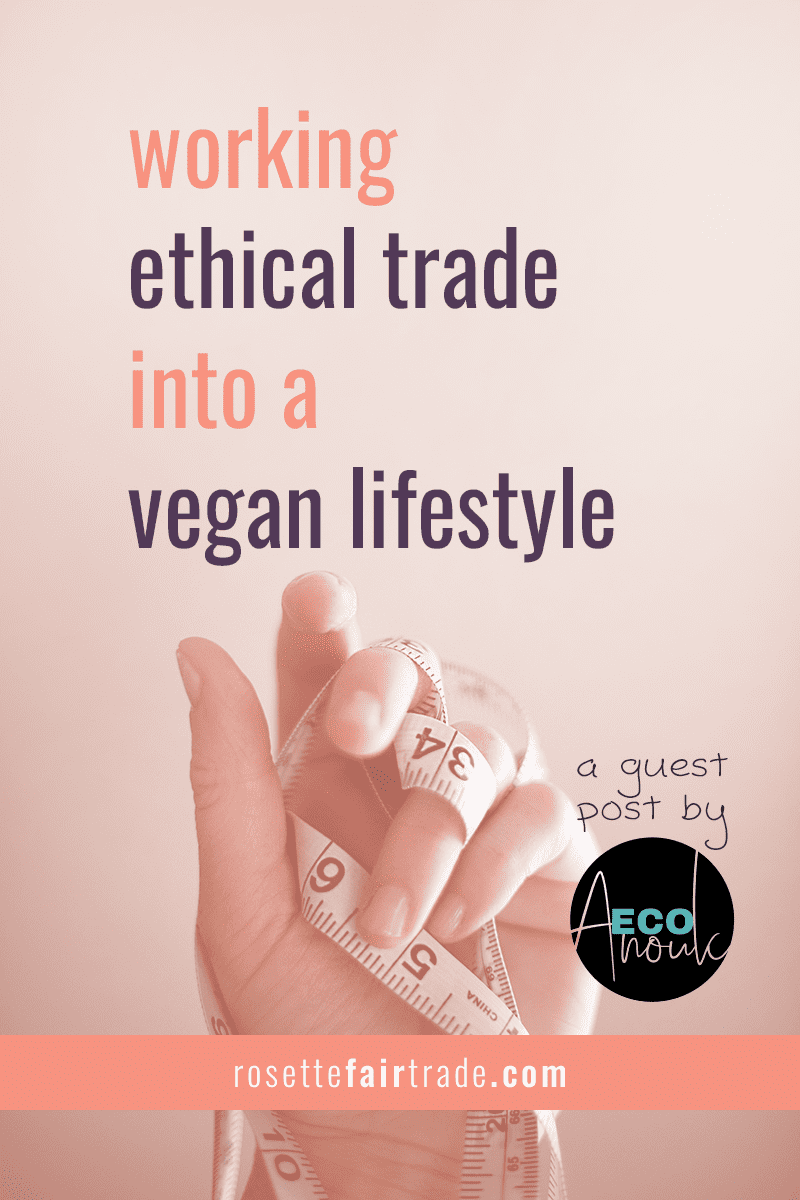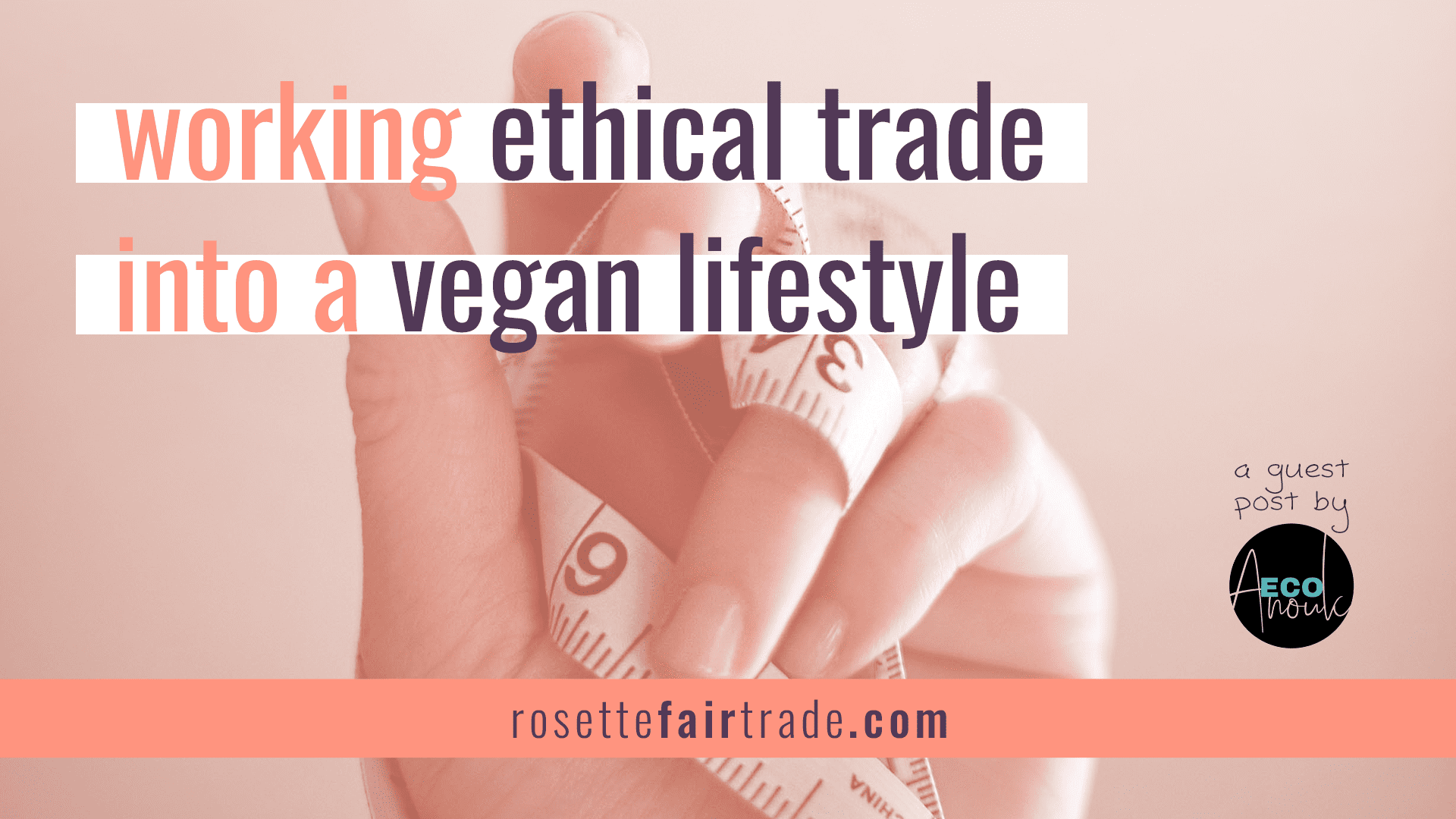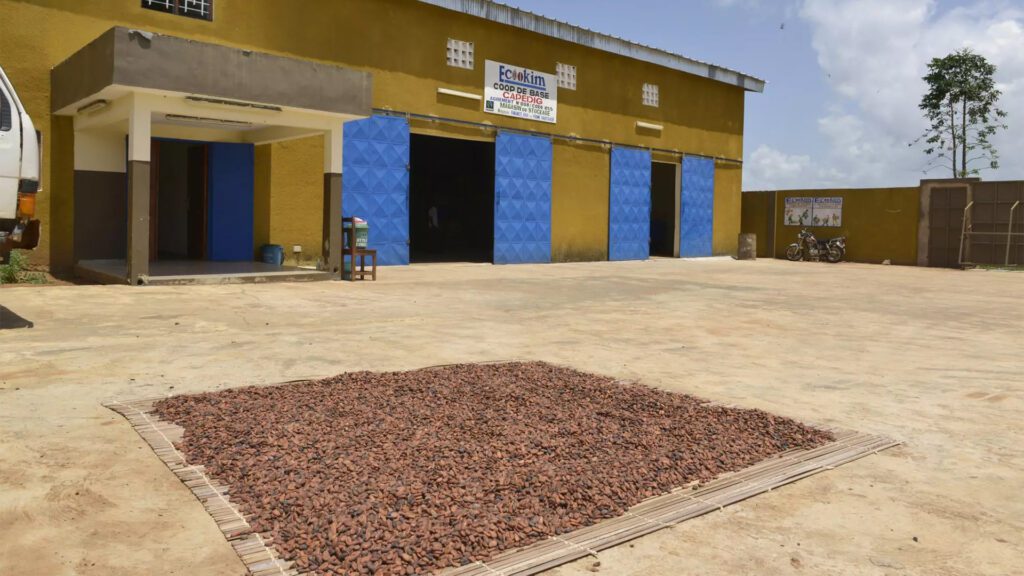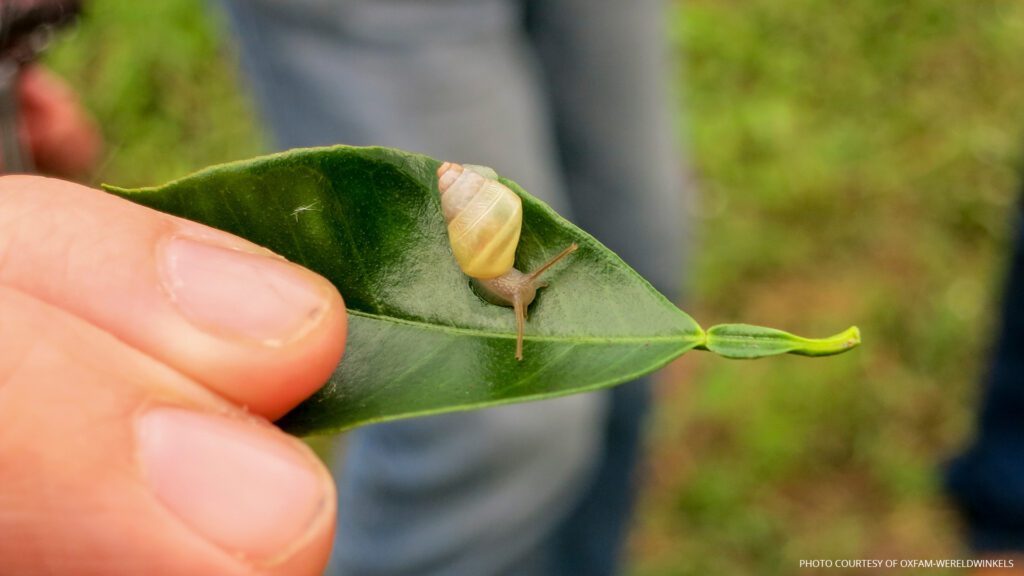Working ethical trade into a vegan lifestyle
The journey into veganism is a long and winding one – perhaps not for everyone, but it certainly has been for me. I’m still not completely settled into my vegan lifestyle and I definitely make mistakes every now and then. But that is expected, isn’t it? Lifestyle changes are hard. And an ethics-led lifestyle change may be more deliberate and abrupt, but it’s still not a walk in the park.
When you’re already focusing on living a vegan lifestyle, how can you add support for ethical practices into the mix without getting overwhelmed? It can seem very overwhelming, but it does not have to be. All of these lifestyle changes begin with the same premise: compassion. Compassion for animals and revulsion at their suffering turned you towards the vegan lifestyle. And compassion for people – the gold mine workers, the farmers, the minimum wage earners – is what has awoken you to the ethics of your consumption, and led to a desire to do better. They’re both basically stemming from the same compassion towards our fellow earthlings. At least, that’s how I look at it!
But having simplified it that much, the day-to-day, mundane, “practical” business of living an ethical, vegan lifestyle is still very challenging. We live in a complex society. We were pretty much airdropped into it at birth. We had no say in the rules, the laws, the way things are done (I mean if you are an ordinary person like me). But we’re still expected to catch up and play by the rules. What if the rules are unjust? What if you come to learn that not only are the rules unjust, but that the implementation of the rules is also unfair? Would you ignore it and continue with business as usual? Or would you try to do whatever you can to improve the situation?
That was pretty rhetorical, but the point is this: when you think something is wrong, the logical next step is to do something constructive about it, and not remain overwhelmed. It’s certainly possible to try our very best to cause minimum harm – whether to other living beings or to the earth itself.
How can you practically work ethical living into your vegan lifestyle? Here are some tips…
Make do with what you have
Do you have a vegan leather jacket but recently came to know that it was made in Bangladesh under horrific conditions? Your instinct may be to throw it out, but don’t do that. The jacket still has use value, and instead of throwing it away and spending money on a new, ethically made one, perhaps you could consider donating that money to an organization that helps, for example, women caught up in the unethical fashion production industry.
Make your future purchases carefully
Once you know about the human horrors of the various supply chains, it’s not possible to un-know it. What’s the next best thing, after expressing your shock and disgust? Stop contributing to it. Do your research into ethically-made (fairtrade, organic, vegan) products and make your purchases exclusively from those companies, as far as possible. This is not easy, since there aren’t ethical substitutes for all products. But, do your best. It’s also not easy because ethically-produced products are usually far more expensive than regular products. But, again, just do your best. Start tipping restaurant workers better, if you aren’t already
Support producers of ethically made products
You don’t have to be the only consumer of ethically made products. If your office is looking for a corporate t-shirt supplier, for example, you could recommend the ethical producer you know about. If your best friend is having a zero-waste wedding, perhaps gently suggest she go one step further and make it an ethical one, by ensuring the catering staff are fairly paid or by opting for locally-made, recycled gifts for the guests. These steps may seem small, but their ripple effect can be huge. Additionally, if you’re running your own business (wow, go you!), look into how you can incorporate ethical practices in your workplace as well as in your supply chains
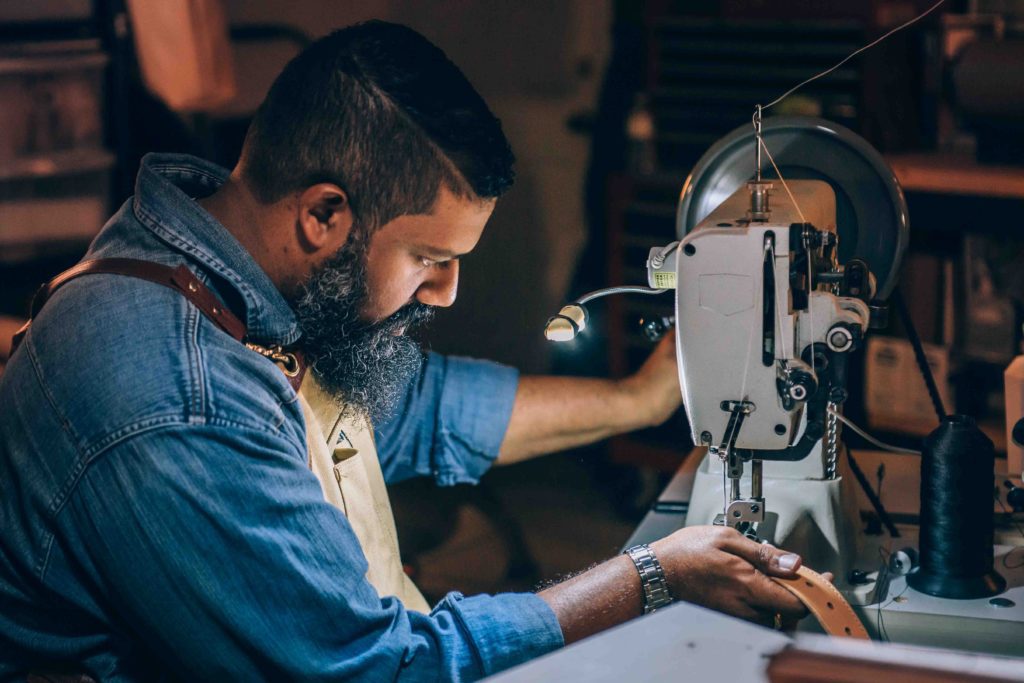
Educate yourself
This is not “just” a third-world phenomenon; it happens everywhere. It’s the pervasive exploitation of human beings across the world by the elite, even in countries such as USA and Canada, where immigrant worker exploitation has an ugly history. Whether it’s in the fashion and textile industry, or farming and agriculture, workers who are in vulnerable legal positions are frequently exploited under the threat of exposure to the authorities. Also, foreign migrant laborers often aren’t familiar with the English language spoken locally, and this might leave them unaware of existing laws and rights violations. Exploitation stretches across the whole gamut, from human trafficking to extortion and wage theft. This could be happening in your county, in your state – not in some “faraway” country. Our best option as end-consumers is to learn where the products we buy come from, and ensure as far as possible that they are fairtrade.

In this super-globalized world, we are all connected. Most of the products we consume are manufactured elsewhere, usually in places with looser legal oversight than in developed countries. Hence the lower prices of the iPhone, for example. If your iPhone were to be manufactured in North America, it would cost much, much more (as hard as that is to believe). So, learn about industry practices, about how companies treat their workers in whichever country, and about how you can make a difference, however small. We need to become more aware of our role in the big picture, and do whatever we can in our capacity to make improvement.
Spread the word
Why keep such vital knowledge to yourself? Tell everyone who shows an interest about the lack of ethical practices in every industry. Talk to your friends, your family, your colleagues about the importance of a living wage, expanding on the injustice meted out to those with no power. We are directly connected to (and indirectly responsible for) the treatment of the people who make our goods. We have a responsibility, especially after knowing, to try to make things better for everyone. Let’s do that.
I hope these tips helped somewhat. I’m still figuring my way out in this world. I started a small organic home decor business a couple of years ago, but it didn’t take off. The numbers didn’t work, and the market wasn’t ready. And perhaps I wasn’t, either. But now, with so much mainstream awareness, it is possible to inspire more and more people to consume responsibly. I don’t intend to start another business, but I do mean we should all keep doing our best to live and consume responsibly.
After all, what is the alternative? Doing nothing? No way!
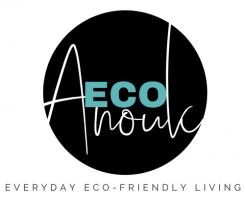
This guest post is courtesy of EcoAnouk, a lifestyle blog that focuses on sustainability. We’re very grateful to EcoAnouk for this contribution! Please visit their website at ecoanouk.com to learn more ways you can reduce your eco-footprint!
Pin this for later!
